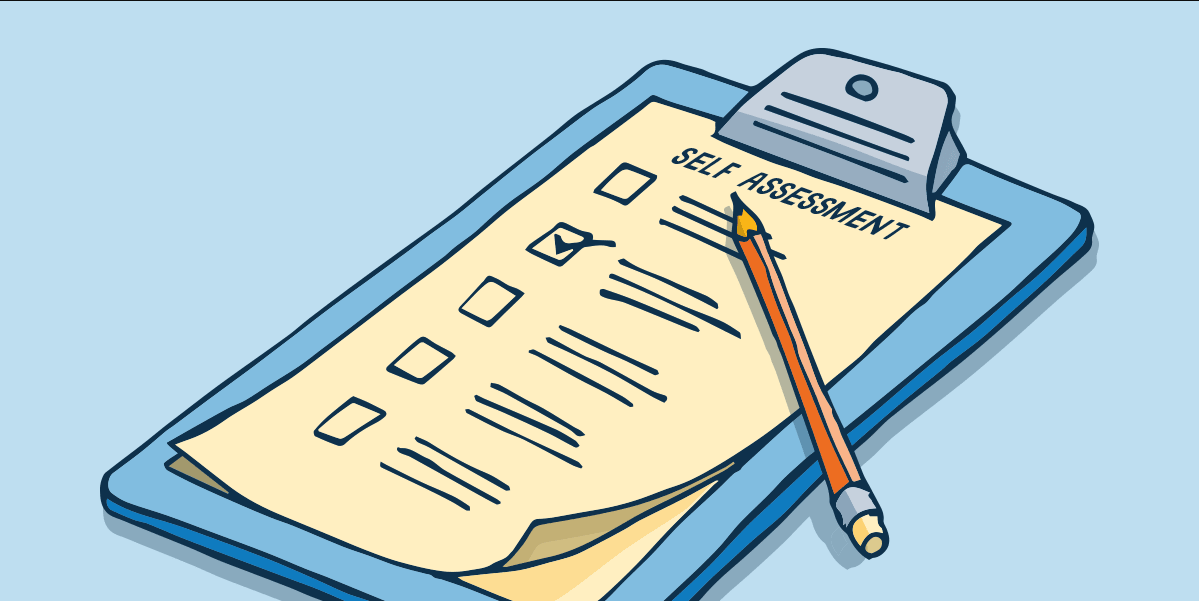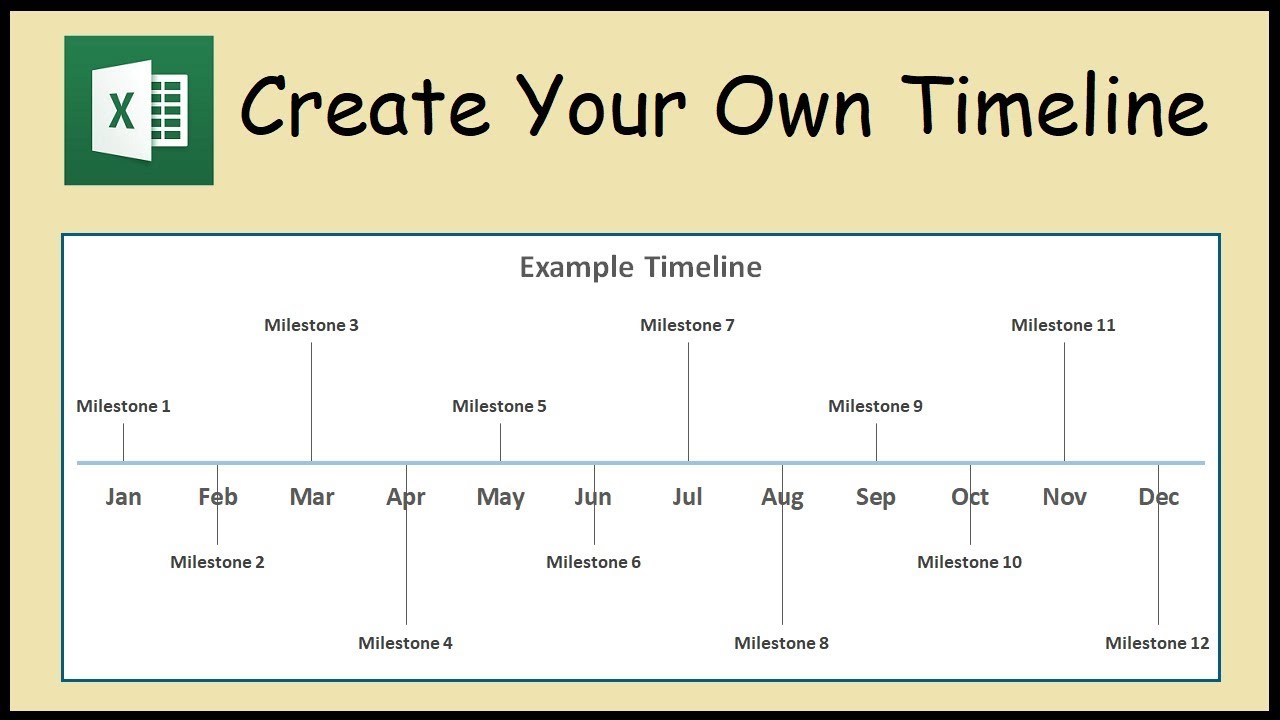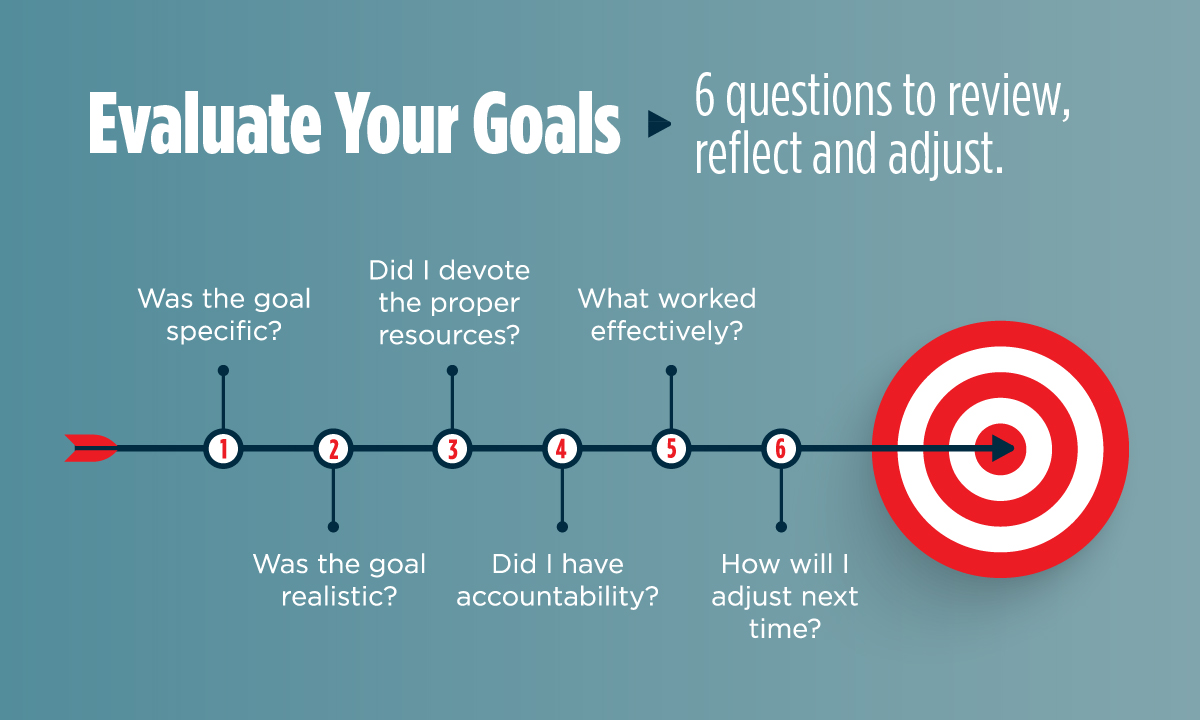Just starting out your career or feeling stuck in your career?
If you are feeling confused on where your career is going, that’s a sign that you need to have career goals as well as making sure you achieve it. That may not seem easy, but there are a ton of ways to achieve your career goals.
Here are some of the ways to be the best version of yourself in your career:

The first thing you should do when aiming to achieve your career goals is simply to asses yourself. Finding out about where you are career-wise will help you see where you need to improve and what are your strengths. However, this only works if you are honest with yourself.
Questions to answer in your self-assessment:
- Where are you on your career path? Just started, 5 years in, etc.
- What have you accomplished in your career and your job(s).
- How do you perceive yourself?
- How confident are you in your abilities and skills?
- If you could start over and do something different in your career, what would that be?
- If you could acquire/learn new skills, what would they be?
- How do you feel about your career? Did you make the right career choice?
- Where are you most comfortable working? In teams? Working on your own?
- What motivates you?
- Have you taken the Myers-Briggs personality test

Your goal may be to make use of your career potential, but that does not mean that you shouldn’t have a personal life. Managing the time for your work and personal life (focused, committed time on your career as well as your personal life and family) is the key to success for your sense of fulfillment and happiness. You can do this by planning, and this includes periodic “tasks” such as educational development (reading up on key aspects in your career) and “family night” (setting dates to do stuff with your significant other, friends, and family).
Here are some things you can consider doing:
- Plan some “downtime” where you can do anything you want (or nothing).
- Set aside time to work on your career and your career plan. Regularly scheduled sessions (alone or with others) work best.
- Prioritize your work at the start of each day (most important tasks first). If you are unclear which tasks are more important, ask your manager to help.
- Start one thing and finish it. Starting multiple tasks will cause you to lose focus and 5 started tasks are not as good as 1 or more completed tasks. This is true for your personal life and your career.
- If you really struggle with this you should look into courses that help with diary management. Remember this is a learned skill, not something people are born with.
- Learn to say no to additional work if you feel overwhelmed or if it forces you to give up a personal event. Again, ask your manager to help prioritize any new tasks that will interfere with you completing work already assigned.

Yes, your career development depends on your ability to be capable and work hard. But your networking skills are also a part of your ability that you can use to improve your career.
There are mainly two networks that you have in your life:
- Your personal networks (this is really the people you spend the most time with outside of work like family and friends).
- Your professional network (current/former coworkers).
Developing your network needs effort. The first tip is to meet at least one new person a week. These should be people who have something in common with you in terms of your career or job. This can be at an event that you attend or even a business meeting or a job conference. After getting contacts, you also need to maintain your network. Send an email or call every so often to see how they are doing. Other than that, make use of these contacts by adding them to your social media. Make sure your Linkedin account is active and updated and don’t forget to add your contacts to your Google+ and Facebook accounts.

This may seem like a trivial task, but writing down your goals have been proven by studies to create effectiveness in reaching your goals. In fact, according to a study, people who write down their goals are 42% more likely to achieve them than those who don’t write them down. A similar study from Harvard Business Review found that the rare 3% of graduates who wrote their goals down tend to earn 10 times as much as their peers who did not perform this task.
Create a timeline

Even if you have an ambitious plan set in place for the next 10 years of your plan, none of it will come true if the timeline is unrealistic. Be more truthful in your timeline by creating a career board which represents your career path and long-term career goals. This will help you better visualize and realize which mini- milestones you need to achieve.
Ask others for help

When the going gets tough, don’t be ashamed to ask your managers and colleagues for advice. Research have proven that the likelihood of achieving your goals increases by 70% when you share them with someone (such as a mentor) who holds you accountable.
Reevaluate your goals periodically

Goal setting is an important aspect of reaching the goals you want. Which is why it’s also important to do a daily, weekly, monthly or biannual evaluation depending on how demanding the project is. If you are successful in reaching your milestones, you can go ahead and create new ones. If not, then you will have to adjust your timeline.
Which tips seems to intrigue you? Share your opinion in the comment section below!





